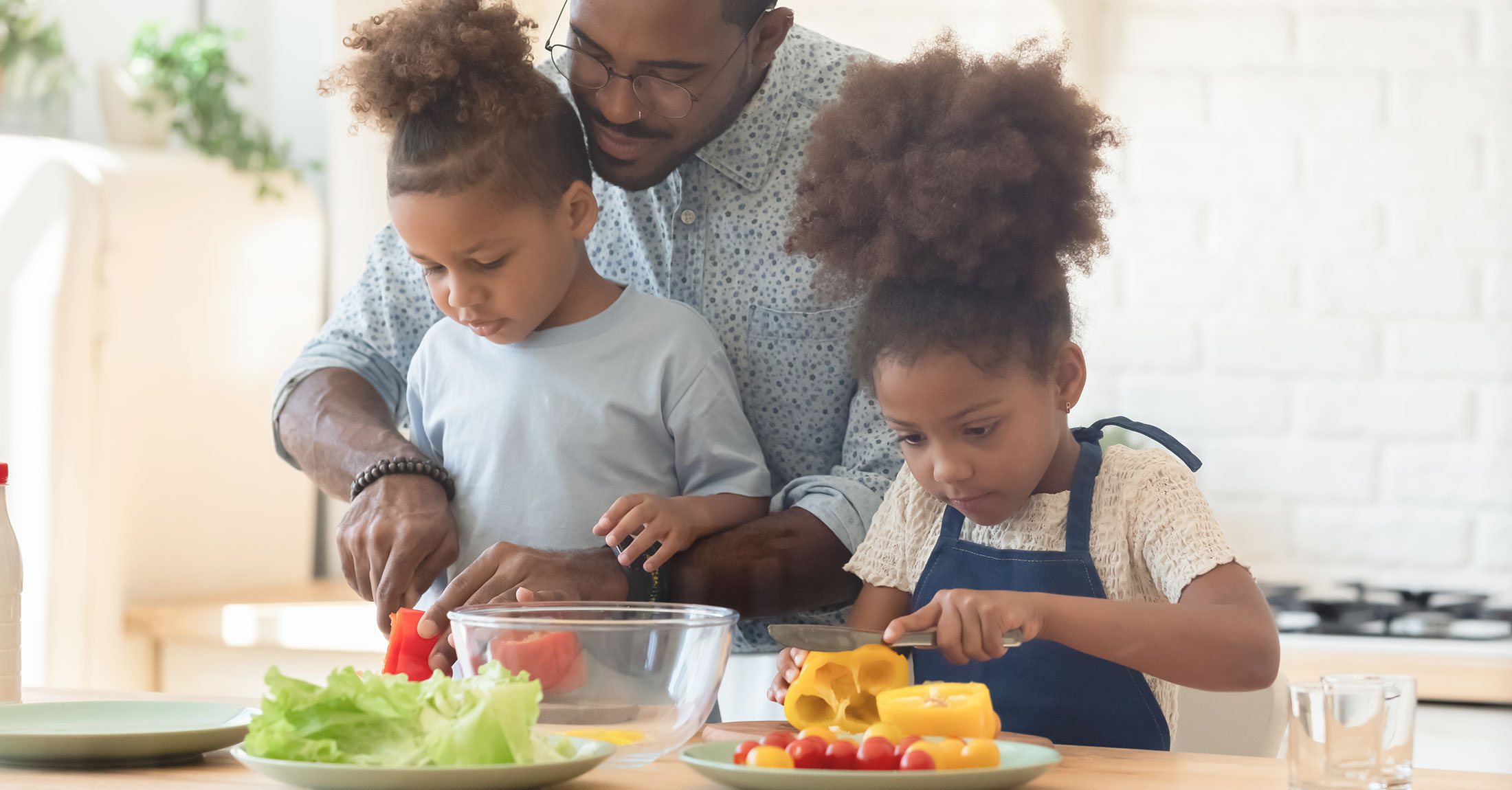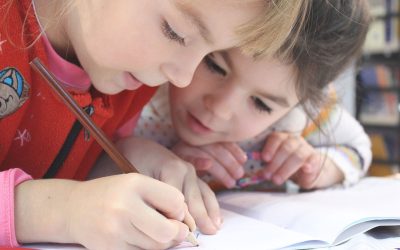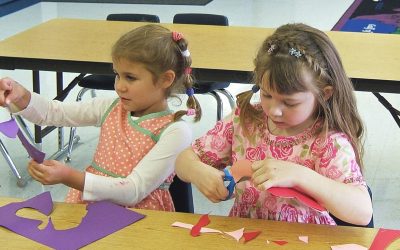Young children who are outgoing, playful, assertive, creative, and happy are often thought to be confident. They appear to feel good about themselves, as they interact with their environment, and experience the joys inherent in using their competencies and developing new skills.
That is what confidence is all about!
However, not all children are confident. There are many contingencies in life that can have an impact on how little ones feel, think, and behave. Here are some key take-aways about what embodies confidence, what affects it, and how parents can help children acquire a stronger sense of self.
CONFIDENCE: FUNDAMENTALS
“Nothing can be done without hope and confidence.”
Kids may see themselves as being competent in some areas of functioning but not others. For instance, a child may think they’re really awesome at building structures (sandcastles, block towers, and forts), or counting (from one to whatever), or singing (and making up songs). But they may not think they’re s great at playing ball, doing puzzles, or coloring. Children can have different self-concepts for the academic, social, athletic, and other dimensions of their lives.
A healthy level of confidence often ensues when a person is able to do things in areas that they, family members, or friends deem to be important. So, for example, if athleticism is valued in a home or school, and a child is athletically inclined, then that milieu is potentially a confidence-building one. However, if in that context a child feels clumsy, embarrassed, or believes that they’re inept at sports or physical activities, they may lack confidence. Where a child’s capabilities or interests are not honored or encouraged, they’re apt to feel less confident about pursuing or developing them further.
How various possibilities play out will depend on individual situations and on the kinds of supports that are in place to help the child figure things out.
WHAT HAS AN IMPACT ON CONFIDENCE?
“When we’re not mentally standing back and judging ourselves, we are free to listen, and learn, and try, and experience, and do, and care…”
What children hear and see during the course of the day will have a bearing on their sense of self and on their responses. The words or actions of others or a child’s ideas about people’s perceptions can trigger self-questioning, including …








